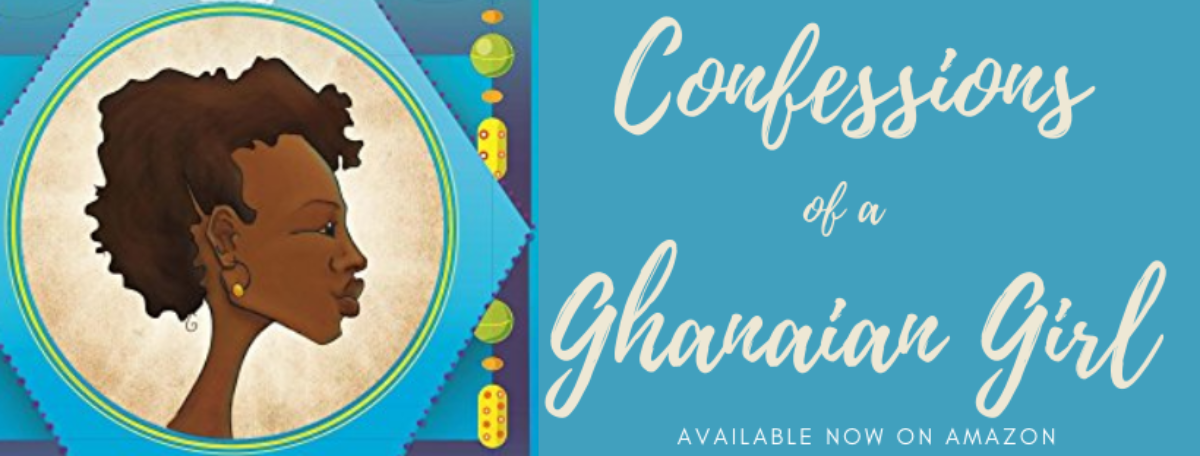Have you ever faced a test that felt like a matter of life and death? I think of those American movies where a man is tied up by a crime gang and forced to confess.
Jesus was once in a similar situation. He was confronted with the case of a woman caught in adultery—a setup aimed not only at her but at Him. She may have been targeted intentionally, but Jesus was the true focus of their trap.

In that moment, it wasn’t only the woman whose life was at risk; Jesus’ life was on the line too. Yet He responded with such wisdom that the accusers dropped their stones, sparing both her and Himself.
I used to see this story only from the woman’s perspective—how Jesus saved her and gave her freedom. Now I realize it is also about Jesus: His wisdom, His mercy, and His refusal to condone killing as instant justice.
And this changes how I read every story where Jesus frees someone—whether from sin, sickness, or demonic oppression. Each story is not just about the person being helped; it is also a revelation of who Jesus is.
The same is true for us. Our encounters with Jesus are about us, but they also reveal Him. My life shows what Jesus Christ is capable of. My story is the story of Jesus too.







 We do ourselves a great disservice by placing our hope and trust in anything on this earth. No person, no human institution, nothing on earth is perfect. Only God is truly holy and perfect. It is time we stopped placing our ultimate faith in human titles and realize that only God deserves your absolute trust.
We do ourselves a great disservice by placing our hope and trust in anything on this earth. No person, no human institution, nothing on earth is perfect. Only God is truly holy and perfect. It is time we stopped placing our ultimate faith in human titles and realize that only God deserves your absolute trust.
